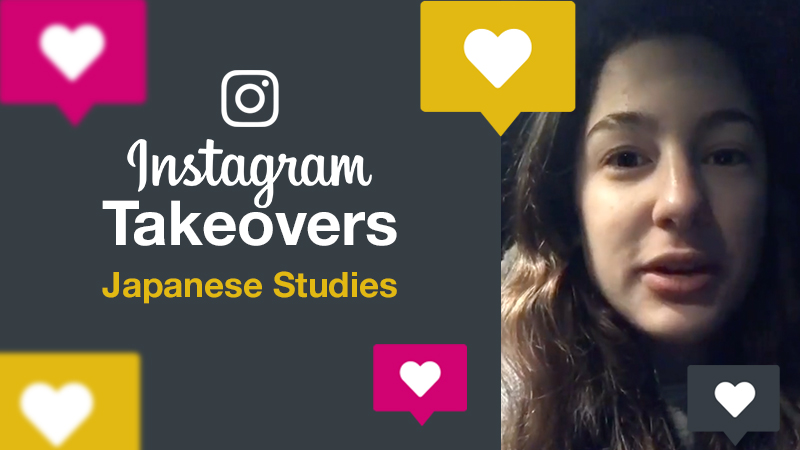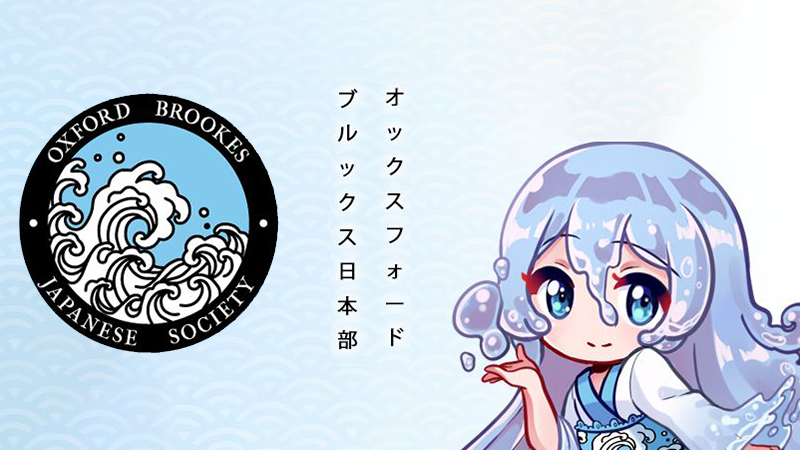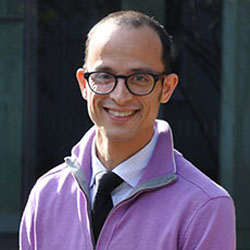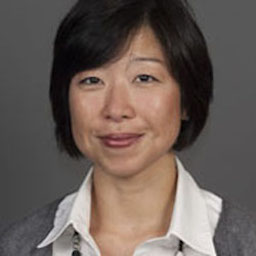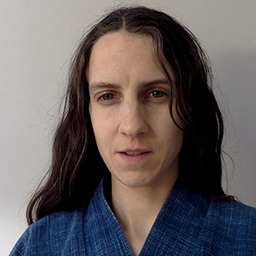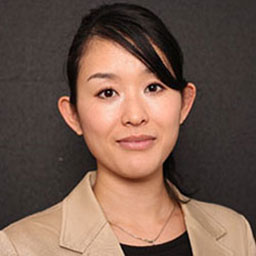On our Japanese Studies course you can learn the language as a beginner or post-beginner. Explore all aspects of Japanese culture: from its traditional religious values to its modern business practices, and from haiku poetry to manga cartoons.
Japanese
Let’s Read Japanese is a joint project led by Dr Irène Hill and the Japanese staff. It is a series of graded reading materials for Japanese language learners ‘to read for pleasure’ at different levels. Interesting stories with eye-catching illustrations enhance the learning of the Japanese language and culture.
Built by a Japanese carpenter (daiku) Kawaguchi Kiyotoshi and his apprentice (deshi) Yuki, residents of the village in Kyushu where Joy Hendry did her anthropological field work, this Japanese room contains:
- tatami mats
- decorative shoji (paper windows)
- fusuma (sliding doors)
There is a space of polished wood called a tokonoma, which features a hanging scroll, extolling the unlimited nature of the arts in Japan, and a set of shelves known as chigaidana.
After studying Japanese for two years at Oxford Brookes, students spend their third academic year at one of our partner universities in Japan. While there, they study Japanese intensively, five days a week, as well as choose elective courses about Japan, usually in English, though sometimes in Japanese as well.
We are partnered with the following Japanese universities:
- Aoyama Gakuin University
- Kansai Gaidai University
- Kitakyushu University
- Kyushu Sangyo University
- Kyoto Gaikokugo (Gaidai) University
- Gakushuin University
- Meiji Gakuin University
- Nagasaki University
- Nagoya University of Foreign Studies
- Obirin University
- Ritsumeikan Asia Pacific University
- Ryūkoku University
- Tsukuba University
- Tsuru University
- Yamanashi University
“For my year abroad I chose to study at Aoyama Gakuin University in Shibuya, Tokyo. It’s the best university from a cultural capital standpoint and is ideally located in Shibuya, near most of the more interesting places in Tokyo. I had visited the university while on holiday in Japan so I had a very good idea of where it was and what it was like.”
Andy Banks, Japanese
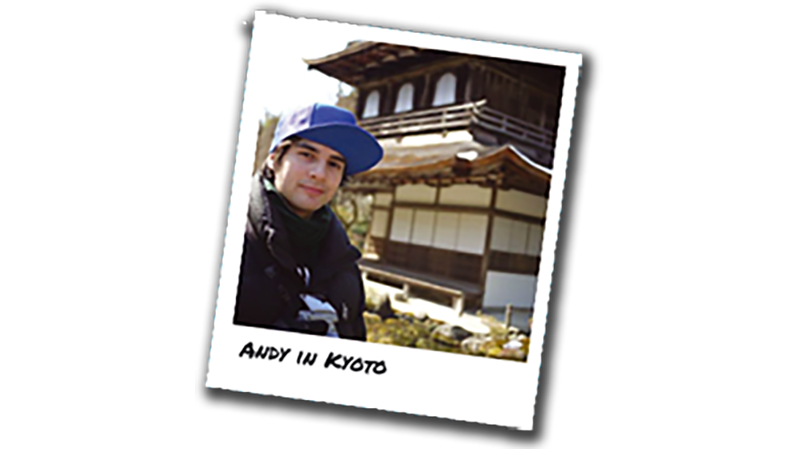

“I’d recommend you visit beforehand, if you can, to get an idea of what you want to get out of your year abroad experience. Consider where you want to study and why as location can be very important depending on what you want to do; you’ll find travel costs can get high quickly if you want to repeatedly visit places – particularly if you need to use the Shinkansen (high speed trains). Finally, study lots of kanji as they’re everywhere!”
Andy Banks, Japanese
Delivering lectures to help our students learn the language and discover aspects of Japan is our top priority. We are also enthusiastic about research and being the leading experts in our fields.
Japanese is notoriously one of the more difficult languages to learn, but one of the most fascinating ones due to its singularity. Its origins are unclear and like all languages, its words and expressions are filled with social and cultural implications.
We are interested in understanding more about the Japanese language, especially in contrast to English and other European languages. We are also interested in how learners perceive information in Japanese and process it, how learning progresses, and what we can do in our teaching to facilitate learning.
Suzuko Anai studied applied linguistics and has been teaching Japanese over 30 years, Her research interests range from e-learning, kanji learning for beginners to language education. She combines her research and teaching experiences to the development of the Let’s Read Japanese reading materials and is the Japanese editor of the series.
Keiko Ikeshiro has studied Linguistics. Incorporating studies in Linguistics and wide experience in teaching, she is one of the creators of the Let’s Read Japanese series graded reading materials. Her current research interests include the effects and implications of reading this series on students’ performance and L2 acquisition.
Hanako Fujino studies Japanese linguistics, second language acquisition and language teaching. Her recent research focuses on the process of learning Japanese grammar and how grammar should be taught to learners living outside of Japan.
In the field of Japanese, our areas of interest are Japanese cinema, Japanese religion, Japanese history and Japanese anthropology, Japanese Applied Linguistics, and Japanese Language Education.
Dr Jason Danely
Associate Professor of Anthropology
Jason Danely studies care relationships in Japanese families and the urban communities. He is the author of Aging and Loss: Mourning and Maturity in Contemporary Japan, which examines the ways rituals of giving and grieving shape how individuals adapt to the challenges of old age. He lectures on a wide variety of topics in the social anthropology of Japan.
Dr Hanako Fujino
Senior Lecturer in Japanese Language and Linguistics
Hanako has been teaching Japanese for over 10 years in different institutions in Spain and at Oxford Brookes University in the UK. She has taught a wide variety of Japanese languages courses ranging in levels and purposes. She also has experience working as translator/interpreter of English, Spanish, and Japanese.
Hanako became Senior Fellow of the Higher Education Academy (SFHEA) in 2017 and is actively engaged in innovating Japanese language pedagogy. She is Subject Coordinator for Japanese Studies and currently teaches second-year and final-year modules including Japanese grammar, translation, and advanced communication.
Dr Alexander Jacoby
Senior Lecturer in Japanese Studies and Director of Europe Japan Research Centre
Alexander Jacoby studies Japanese cinema and popular culture. He is currently working on a book about the film director Hirokazu Koreeda, known for films such as Like Father, Like Son and Nobody Knows. His modules on manga, anime, and classical and contemporary Japanese cinema reflect his wide knowledge and expertise on the subject.
Dr Laurence Mann
Senior Lecturer in Japanese and Korean, Director of BrookesEDGE
Laurence studied Japanese at the University of Oxford, where he was awarded a DPhil (No Corrections) in 2017, for research on a set of Shinto liturgies called the Engishiki Norito. His research interests centre on the relationships between form and meaning in texts, particularly poetry and songs. He teaches a range of undergraduate modules in Korean and Japanese languages and cultures at Brookes, as well as modules in languages and translation more generally (see below for a current list). Aside from this, he also retains an affiliation at the Faculty of Asian and Middle Eastern Studies, University of Oxford, where he has taught since 2017.
Dr Louella Matsunaga
Research Associate
Louella Matsunaga specializes in Japanese anthropology. Her research interests include anthropological approaches to branding; gender in the workplace; the social negotiation of medical related death; Japanese religions outside Japan.
Yumiko Ishiwata O'Meara
Lecturer in Japanese
Yumiko has been teaching Japanese language since 2013 in Romania, Ireland, Malaysia, and the UK. She is experienced in curriculum and teaching materials development and in teaching students of varying ability. Currently, she manages Level 6 modules as module leader for fourth year students. She has been a Fellow of the Higher Education Academy (SFHEA) since 2020.
Dr Kerri Russell
Senior Lecturer in Japanese Language and Linguistics
Kerri received her PhD from the University of Hawai‘i at Mānoa in 2006. Before coming to Oxford Brookes University, she was a Research Officer at the University of Oxford, a Visiting Assistant Professor at the University of Arizona, and has also taught Japanese language and linguistics courses at Hawai‘i Pacific University and the University of Hawai‘i. Kerri’s research is mainly concerned with the origins and development of the Japonic language family, which consists of the varieties of Japanese spoken in Japan and the Ryukyuan islands. She has also worked on Ainu, Middle Korean, and several Altaic languages spoken in East Asia. She continues to work on the development of the Oxford Corpus of Old Japanese, which is a long-term research project which aims to develop a comprehensive annotated digital corpus of all extant texts in Japanese from the earliest attested stage of the Japanese language. Kerri has been a member of three research projects based at the National Institute for Japanese Language and Linguistics (NINJAL): NINJAL Diachronic Corpus project, The Japanese Lexicon: A Rendaku Encyclopedia, and A Diachronic Contrastive Study of Japanese Interrogatives.

